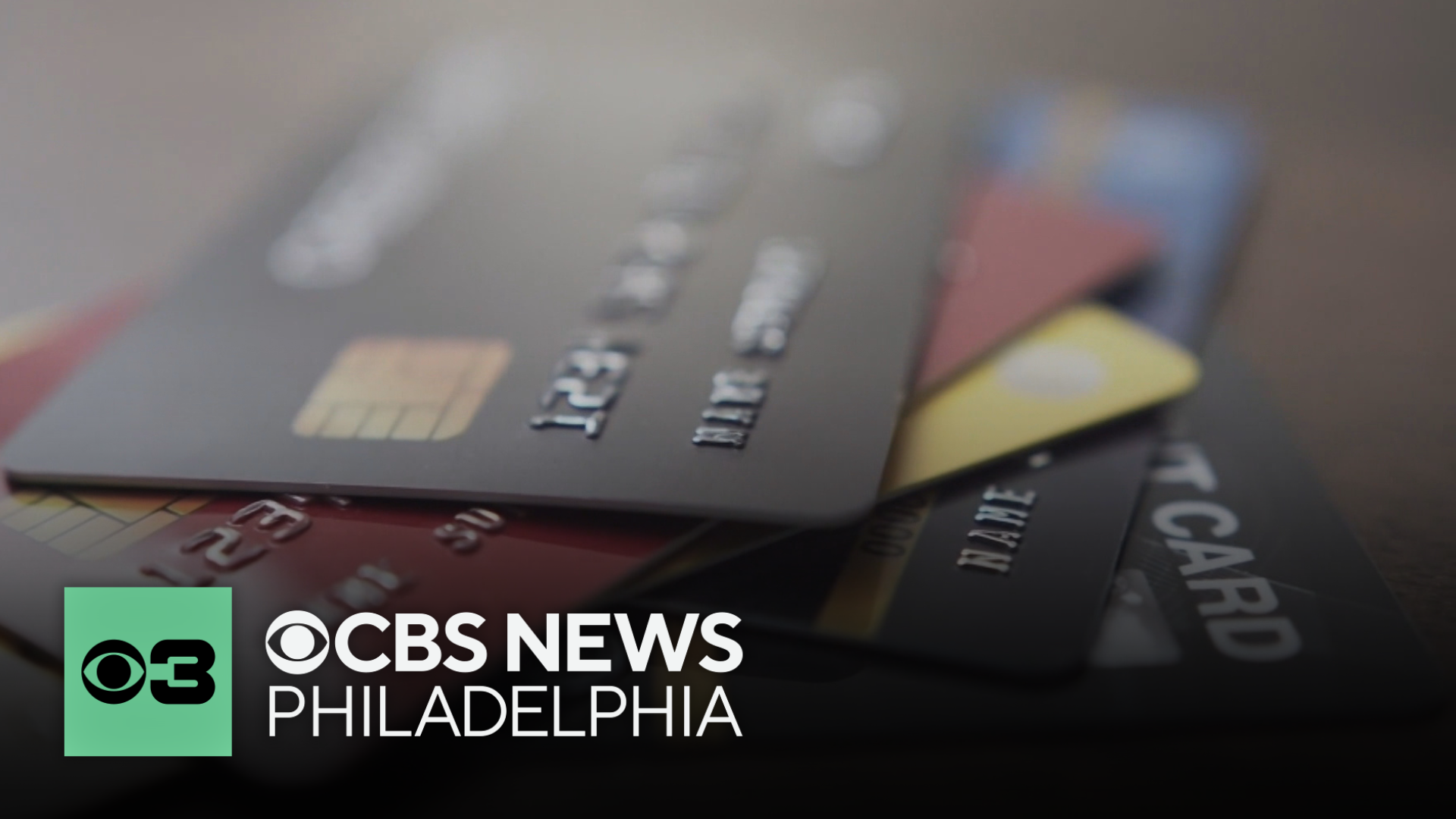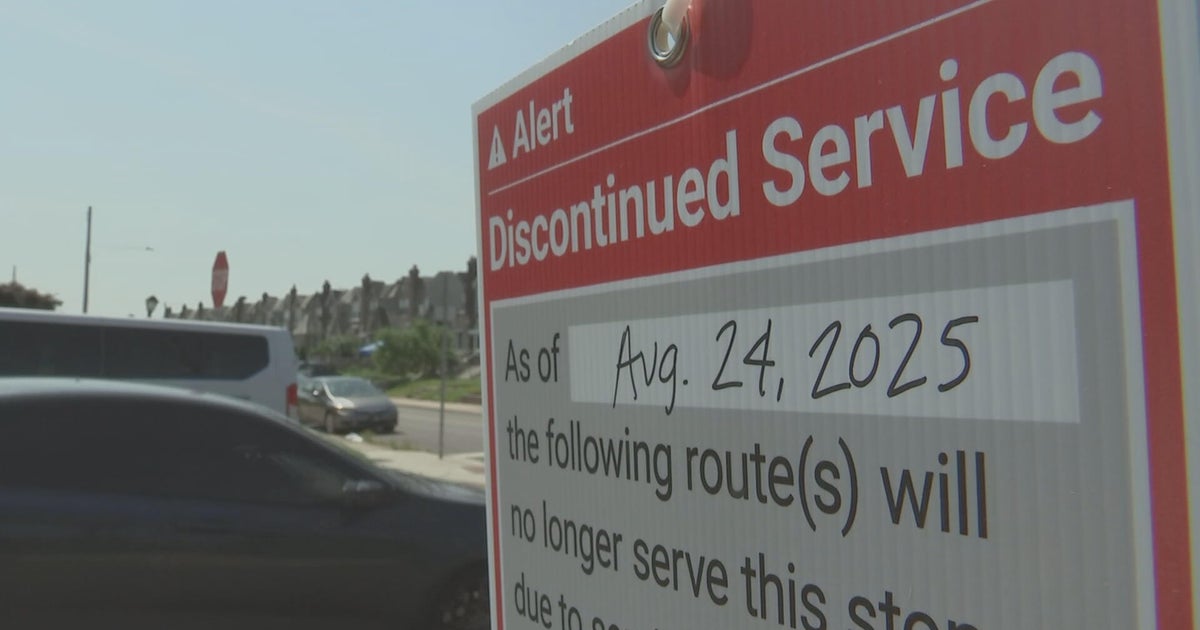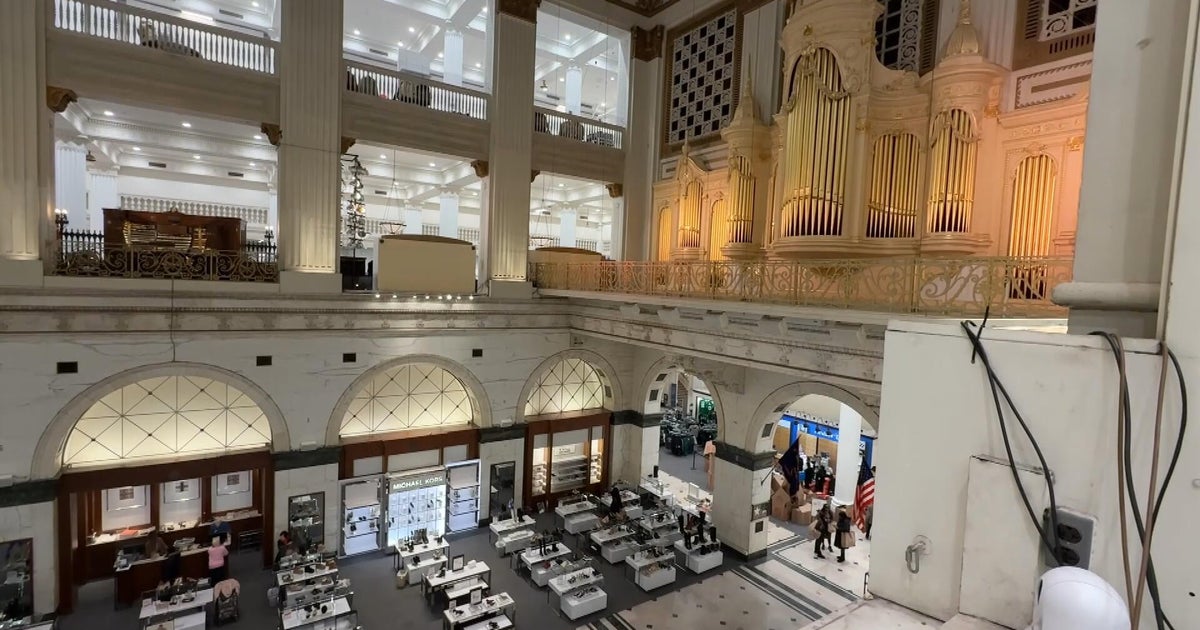If you're paying for things like protection plans and ATM fees, you could be wasting your money
Whether it's spending money on services you don't need or paying for products you could get for free, CBS News Philadelphia is In Your Corner to help you save money.
The nonprofit consumer advocacy group Consumers' Checkbook recently released its list of 65 things it says you probably shouldn't be paying for. These are items or services, according to Consumers' Checkbook, that either won't save you money or can be had without paying at all.
We picked out a few to highlight.
Product protection plans
From electronics to exercise bikes and office chairs, so many retailers now offer these plans. For a small additional fee at checkout or a monthly payment they promise added coverage for repairs in case something goes wrong.
But Consumers' Checkbook general advises against them, arguing these protection plans are more of a hassle than they're worth because typical repairs usually won't cost that much, or parts that are typically the problem aren't actually covered.
"These are really bad deals for most consumers. They're enormously profitable for the companies that sell them. That's why they push them so strongly," said Kevin Brasler, executive editor at Consumers' Checkbook.
"But most consumers will find that even if you try to make a claim these companies deny most claims, and there's lots of fine print exclusions."
Instead, Brasler suggests checking your credit cards because many automatically add some type of warrant on purchases.
If you do opt for one of these plans, Brasler says make sure you know exactly what you're getting, what's covered, and for how long. It's also important to make sure you know how to file a claim. Some warranties require the original store receipt.
Credit monitoring, reports, scores
Keeping an eye on your credit doesn't have to cost you. While many identity theft monitoring systems charge a monthly fee, you can freeze your credit for free.
Freezing your credit blocks bad actors from taking out a loan or opening a new credit card in your name. You can do it online with the three major credit bureaus, Equifax, Experian and TransUnion.
Much of the identity theft we see could be easily prevented if consumers would only freeze their credit files, according to the nonprofit consumer watchdog U.S. Public Information Research Group (PIRG).
You don't have to pay to get your credit score either. Check with your bank, credit union or credit card provider, because many already let you see your FICO score for free.
As for your credit report, under federal law you are entitled to one free copy of it each year. You can request yours through AnnualCreditReport.org. Just remember that's the only site authorized to give those free annual reports.
ATM fees
Consumers' Checkbook points out that ATM fees are another expense that doesn't have to cost you.
You can avoid fees when using out-of-network machines by opting for cash-back when you pay with your debit card at grocery stores or similar retailers.
Some banks and credit unions also offer accounts that will reimburse ATM fees.
Basic economy fares
Booking the cheapest airplane ticket you can find might not save you the money you think it will, according to Brasler.
These fares generally carry the most restrictions, like not allowing you to change your trip for any reason. If you have to cancel or reschedule your flight you could lose out on a lot more than you saved with the basic fare. Additionally, many airlines will then charge you to check a bag or choose your seat.
Unused subscriptions
The average American forks over more than $900 a year on digital subscriptions. But you could be throwing money away on ones you don't use often, if at all.
Consumers' Checkbook advises periodically doing an inventory of all of your subscriptions and canceling the ones you don't use.
You can read the full list here on Checkbook.org. CBS Philadelphia viewers can use this link to gain free access to the entire Consumers' Checkbook website until the end of June.
Have a money question, a consumer issue, or a scam story you want to share? Email InYourCorner@cbs.com




